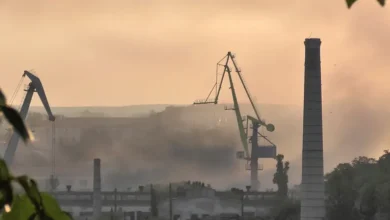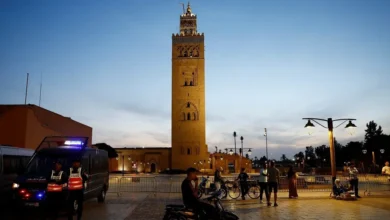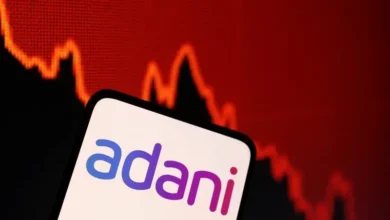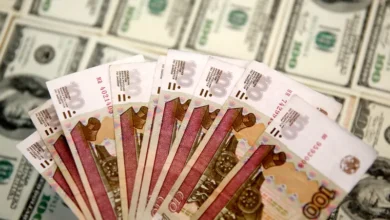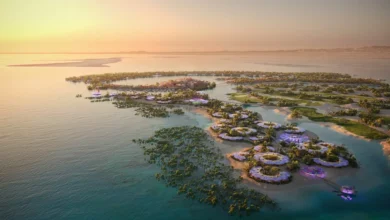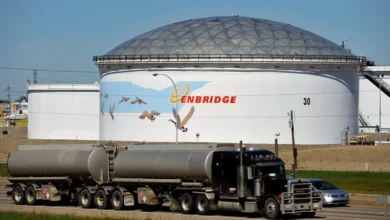Surging global energy demand: Key insights from ADIPEC 2024
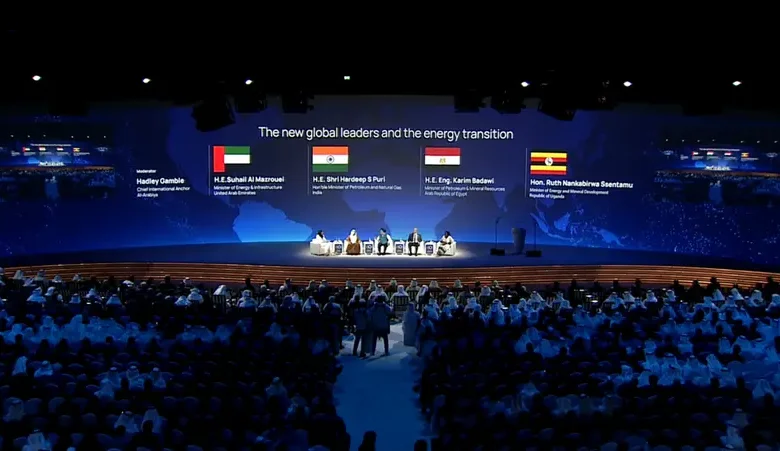
The rapidly rising global energy demand, particularly for renewable sources, calls for collaboration and investment in various energy sectors while simultaneously addressing the unique needs of the different regions, a panel of experts said.
In a discussion moderated by Gamble at the 2024 Abu Dhabi International Petroleum Exhibition and Conference (ADIPEC), the experts highlighted the evolving energy landscape, emphasizing the need for a diversified energy mix to meet global energy demand, mainly renewable sources and artificial intelligence (AI).
Governments across the globe must strengthen their commitment to both traditional and renewable energy investments, to enhance renewable energy capacity and battery storage technologies, said Suhail al-Mazrouei, the UAE’s Miniter of Energy and Infrastructure.
“[The UAE] will be tripling the capacity of renewable energy… that will require us to look differently at the installed capacity, as we will be storing that energy,” al-Mazrouei said, highlighting the gulf nation’s approach to energy investment and its focus on sustainability.
He added: “Our leadership… has thought of the future, as always. We are committed to invest in bringing more resources in the future to ensure that the world has adequate oil and gas resources.”
The UAE will not only be investing in oil, al-Mazrouei said, but also in renewable, nuclear and conventional energy.
“The demand is more on green energy for AI, not for coal,” he said.
On the panel was also Egypt’s Minister of Petroleum and Minerals, Karim Badawi, who discussed efforts to reverse declining natural gas production by focusing on energy reforms and regional collaboration to unlock gas reserves and enhance production capabilities.
“We would like to leverage the position of Egypt to unlock the potential of the gas reserves, not only of Egypt but actually of the region and of the Mediterranean,” he said.
“Egypt today has 60 percent of its gas going to power stations… and we are working together to enable the gas to be used for value-added derivatives,” he added.
Egypt is ranked fourth in the Middle East and North Africa for the value of energy projects, around nearly $100 billion.
Global south’s energy needs
The global south has a crucial role of balancing energy availability, affordability, and sustainability, especially for developing countries, while continuing to utilize traditional fuels alongside renewable options to meet the rising energy demand.
“[The global south] will still need affordable, traditional fuels, at least for two decades, if not longer,” India’s Minister of Petroleum and Natural Gas, Shri Hardeep Puri, said adding that in order to make the transition to clean energy, “we have to survive the present.”
“Unless you do all three—availability, affordability, and sustainability—you’re going to be left out,” he said.
India is ranked fourth globally in renewable energy capacity, wind power capacity, and solar power capacity.
Critical Minerals for AI
Addressing the important minerals needs to power AI, Uganda’s Minister of Energy, Ruth Ssentamu, said her country has critical minerals essential for renewable energy and battery storage while also advocating for foreign investment and technology transfer to benefit local economies.
Uganda’s Minister highlighted the country’s potential in critical minerals essential for renewable energy and battery storage, advocating for foreign investment and technology transfer to benefit local economies.
“Uganda has discovered numerous deposits of critical minerals—lithium, cobalt, graphite, nickel,” Ssentamu said. “We want value addition to be done in Uganda so that our people can benefit from the technology transfer.”
The minister also highlighted her country’s open investment policy, adding that foreign investors would meet “very conducive environment with trainable human resources.”

